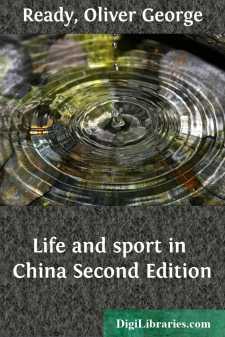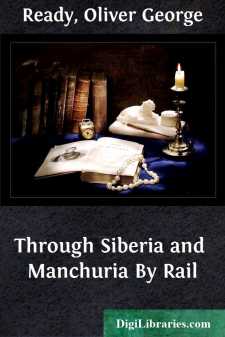Categories
- Antiques & Collectibles 13
- Architecture 36
- Art 48
- Bibles 22
- Biography & Autobiography 816
- Body, Mind & Spirit 145
- Business & Economics 28
- Children's Books 17
- Children's Fiction 14
- Computers 4
- Cooking 94
- Crafts & Hobbies 4
- Drama 346
- Education 58
- Family & Relationships 59
- Fiction 11834
- Foreign Language Study 3
- Games 19
- Gardening 17
- Health & Fitness 34
- History 1378
- House & Home 1
- Humor 147
- Juvenile Fiction 1873
- Juvenile Nonfiction 202
- Language Arts & Disciplines 89
- Law 16
- Literary Collections 686
- Literary Criticism 179
- Mathematics 13
- Medical 41
- Music 40
- Nature 179
- Non-Classifiable 1768
- Performing Arts 7
- Periodicals 1453
- Philosophy 66
- Photography 2
- Poetry 897
- Political Science 203
- Psychology 45
- Reference 154
- Religion 516
- Science 126
- Self-Help 85
- Social Science 82
- Sports & Recreation 34
- Study Aids 3
- Technology & Engineering 59
- Transportation 23
- Travel 463
- True Crime 29
Our website is made possible by displaying online advertisements to our visitors.
Please consider supporting us by disabling your ad blocker.
Life and sport in China Second Edition
Description:
Excerpt
ANGLO-CHINESE LIFE
Anglo-Chinese life is a sealed book to most people at home, who, if they ever think about it at all, do so with minds adversely biassed by ignorance of the conditions, a hazy idea of intense heat, and a remembrance of cruel massacres.
"Going to China" always elicits looks and exclamations of astonishment at so rash an undertaking, but which the stock questions as to whether we eat with chopsticks, whether it is not always unbearably hot, and whether we like the Chinese, explain as disquietude arising from the idea of encountering "evils that we know not of."
Our early business relations with the Chinese were conducted at Canton, to which port opium in particular was shipped direct from India, but owing to the hostility of Chinese officials towards British merchants and the legitimate expansion of their trade, quarrels were frequent, culminating in the so-called Opium War of 1840-42, resulting in the acquisition by us of the small, barren island of Hongkong, and the opening to foreign trade of five ports, including Canton and Shanghai, at all of which small plots of land some half a mile square were set apart for the exclusive residence of foreigners generally but of Englishmen in particular. Disputes, however, did not cease, so that twenty years later England and France in co-operation, attacked China, and wrung from her the right of foreign ministers accredited to the Chinese court to reside at Peking, and also that additional ports should be opened to foreign trade, with a plot of land at each for residential purposes.
The treaties following on these two wars have since been supplemented by other treaties opening still more ports, at some of which also adjoining plots of land have likewise been conceded, and our position in China to-day is founded on the accumulated result of these various agreements, which, above all things, guarantee us exterritoriality or exemption from Chinese jurisdiction, so that Europeans for whatever misdemeanours, are amenable only to their own consuls.
The British Concession, Hankow.
To face page 3.
There are now about thirty treaty-ports, most of them having these residential plots or concessions some of which, however, have never been taken up and built on, but where they have been, although leased from the Chinese Government at nominal rents, they are to all intents and purposes little detached portions of the British Empire, kept scrupulously clean and in perfect order, where natives are not allowed to dwell, but where Europeans of all nationalities live in security and comfort.
In each of them resides a British consul, who represents his Government vis-à-vis the Chinese and foreign officials, and who holds the position of magistrate in relation to his own nationals. An English doctor also is generally in practice at all, except the very smallest, ports.
In many instances walls have been built round these concessions, the gateways in which can be bolted and barred at night to keep out the natives, a good system of drainage introduced, wide roads laid out and lighted, public seats placed in pleasant spots facing the water, trees planted, palatial houses built with gardens attached, a church constructed, clubs founded, billiard-tables and other insignia of Western luxury imported, a municipal council elected for managing local affairs, and a force of native police or Indian Sikhs raised, with which, under English superintendents, to maintain order in our streets....



